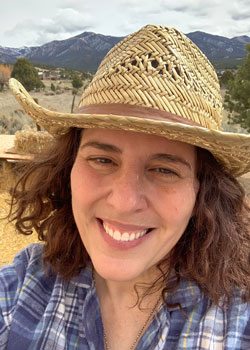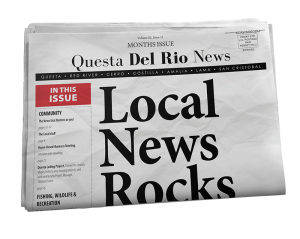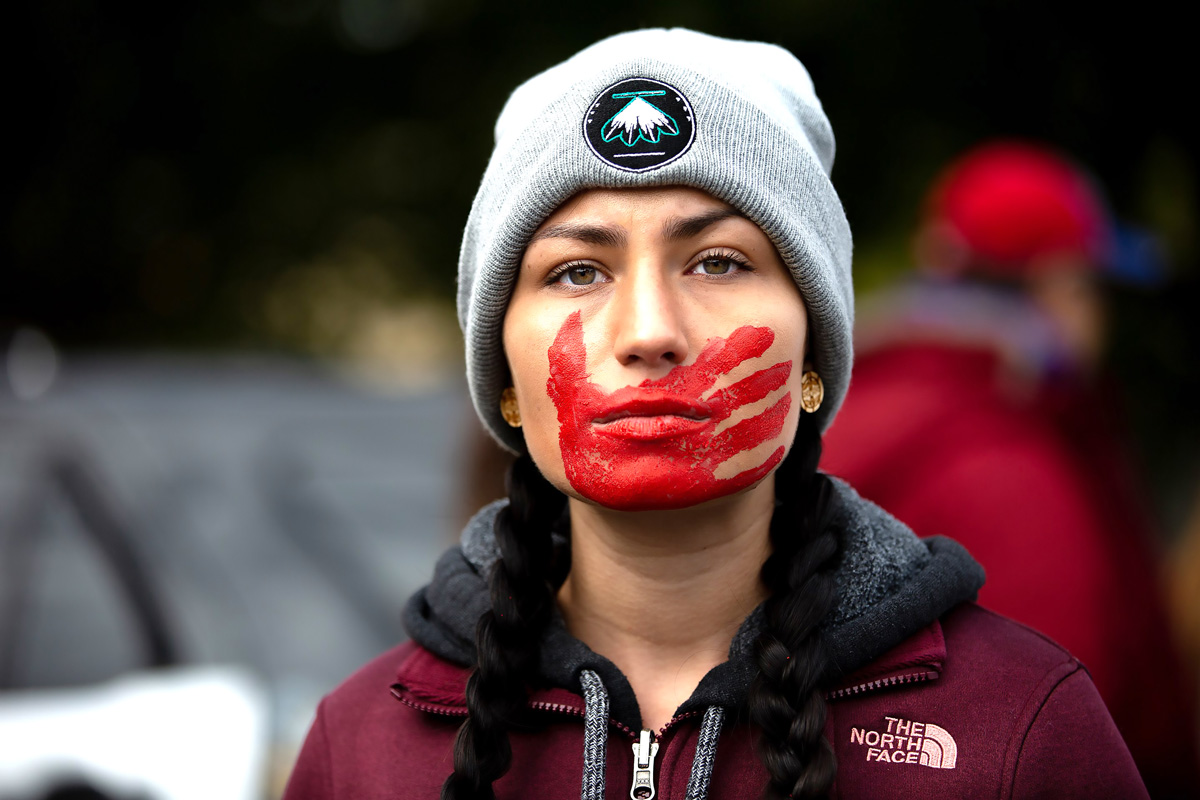November is Native American Heritage Month, an important acknowledgment of the Native Peoples of the US that has been proclaimed since 1990. Yet November and the holiday of Halloween that precedes it are also when the most damaging stereotypes of Native Americans circulate—in school or church reenactments of Thanksgiving that erase imperialist violence, and in sexist costumes of Native women at frat parties and Halloween celebrations.
Research shows that these stereotypes reinforce racism and violence against Indigenous people, particularly Indigenous women and girls. Indigenous women are murdered in the US at a rate ten times higher than other ethnicities, they are two times more likely to be raped, and three times more likely to be killed than Anglo-American white women, according to the Centers for Disease Control. And New Mexico is in the top five states with the highest rates of murders and missing indigenous women.
Yet, this violence has been largely ignored by much of the US. Consider, for example, that Wyoming has over 700 cases of Native Americans reported missing between 2011 and late 2020. None have gotten a fraction of the national attention as the homicide of 22-year-old Anglo Gabby Petitio in that state.
This November and beyond, we can support the MMIWG movement (missing and murdered indigenous women and girls) which is dedicated to drawing attention to these cases and ending this violence. You can demand action on the thousands of missing women, girls and other Indigenous People cases in our communities.
Support the MMIWG movement. Amplify Native voices and concerns in your community. And when you see non-Native people wearing a Pocahontas costume, or a glorified misrepresentation of the violence behind Thanksgiving, don’t dismiss that; say something. It’s important. To support the MMIW movement see:
https://www.facebook.com/mmiwusa/ and https://www.csvanw.org/
Author
-

Dr. Caroline Yezer is a cultural anthropologist (PhD Duke University 2007) who has taught anthropology curriculum at College of the Holy Cross and Clark University in Massachusetts.
View all posts



